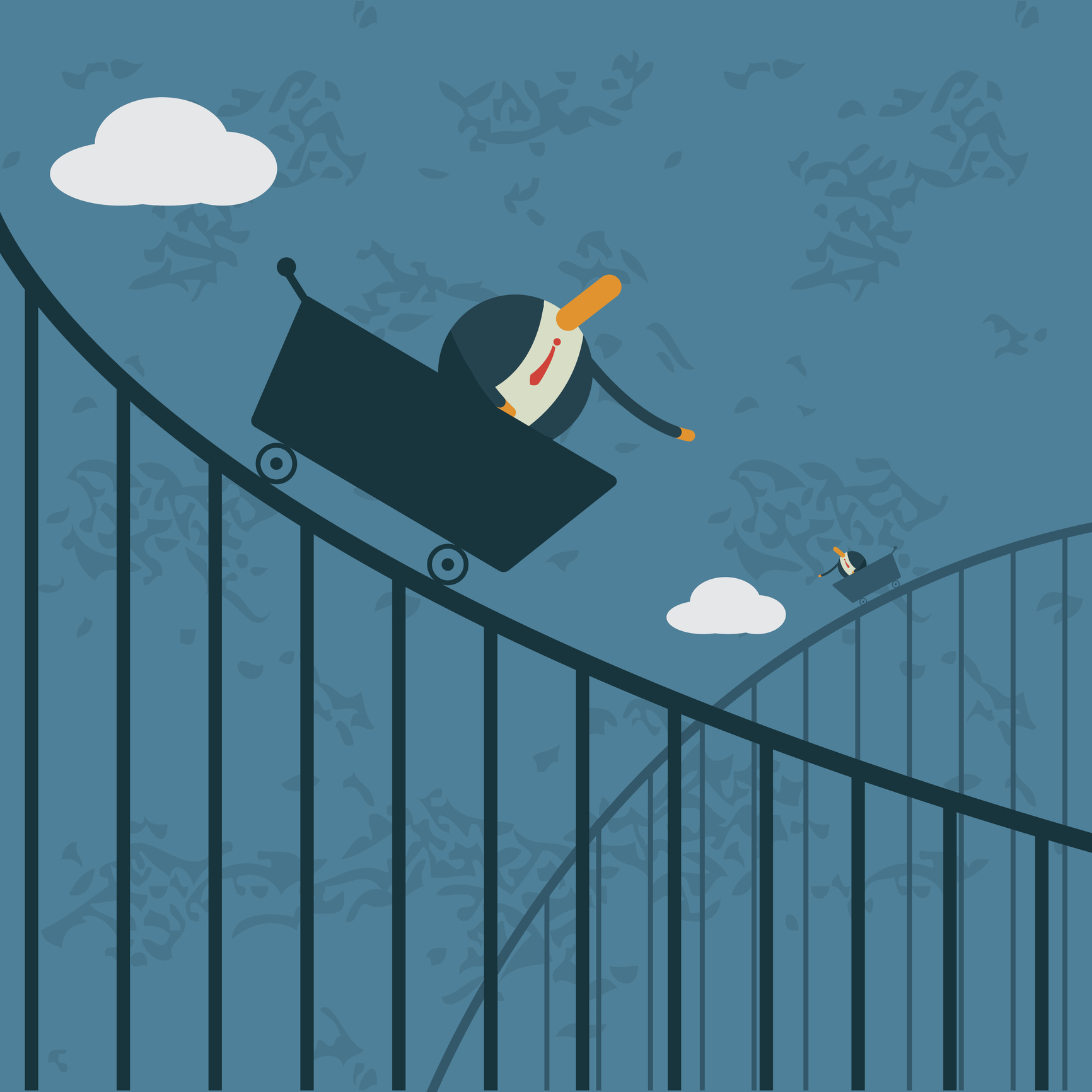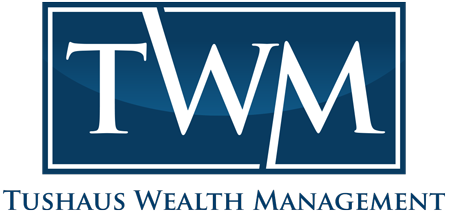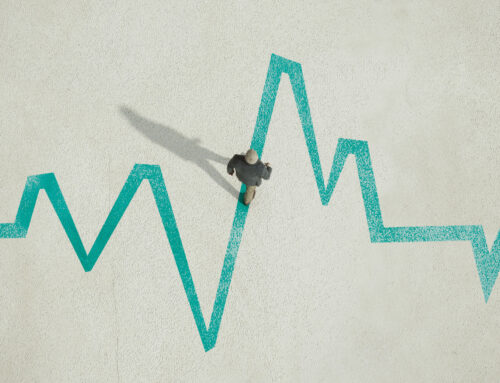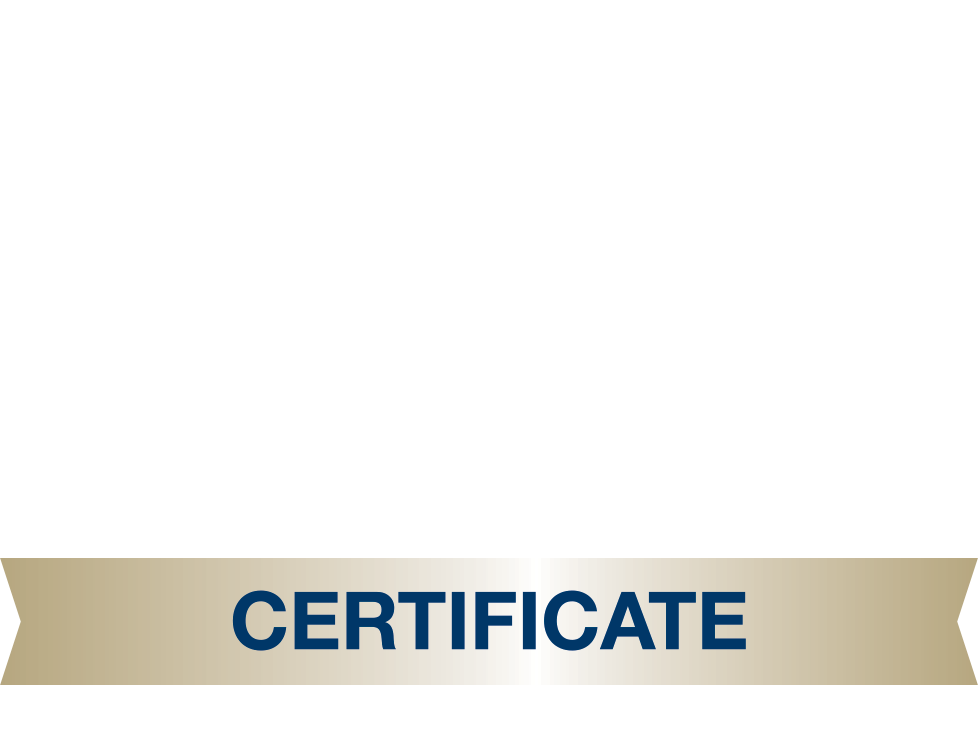
It is obvious that the economic situation following the coronavirus outbreak has been very erratic. Despite the fact that people have been discussing the possibility of a recession for some time now, we have not yet fully experienced one. Generally speaking, a recession is characterized by a continuous and widespread economic decline.[1] And although there have been major market downturns recently, there have also been major rallies.
Rolling Recession, the Definition
Instead of qualifying our current economic situation as a recession, experts have been using the term “rolling recession.” The term means that instead of a widespread decline in economic activity affecting the entire country, certain industries or regions experience a downturn while others continue to grow. [2]
To illustrate, if California’s tech and housing industries experience a slump while Florida’s energy sector sees a rise, then the two downturns and the upswing might cancel out when looking at the whole economy – this is a rolling recession. The slump in California’s housing market would lead to a decrease in overall economic activity, while the increase in the energy sector in Florida would aid in sustaining the overall economic growth of the nation.
Currently, certain economic indicators look strong: inflation is looking like it might slow down, and the Gross Domestic Product is doing better than expected. [3] But other areas have slowed down or are seeing downturns. Consumers are still feeling the effects of the sudden increase in inflation, and you may have noticed inflation making its way into your life. And industries such as housing and manufacturing are struggling.[4] This is why many experts are calling our current situation a rolling recession.
Rolling Recession, What it Means for You
Professionals advise caution when it comes to managing money in this economic climate (and any economic situation, for that matter). It is difficult to identify how a rolling recession may affect you, let alone see it before it transforms into a full-fledged recession. So, it is sensible to exercise restraint in spending and be prudent when it comes to saving until the economy stabilizes.[5]
Understanding the connection between a rolling recession and your investing and saving plan can be key to the financial health of your retirement. If you have questions about how the current state of the economy will affect your retirement, please reach out to us for a complimentary review of your finances.
[2-5] https://www.cnbc.com/2023/01/27/what-is-a-rolling-recession-and-are-we-in-one-experts-explain.html





